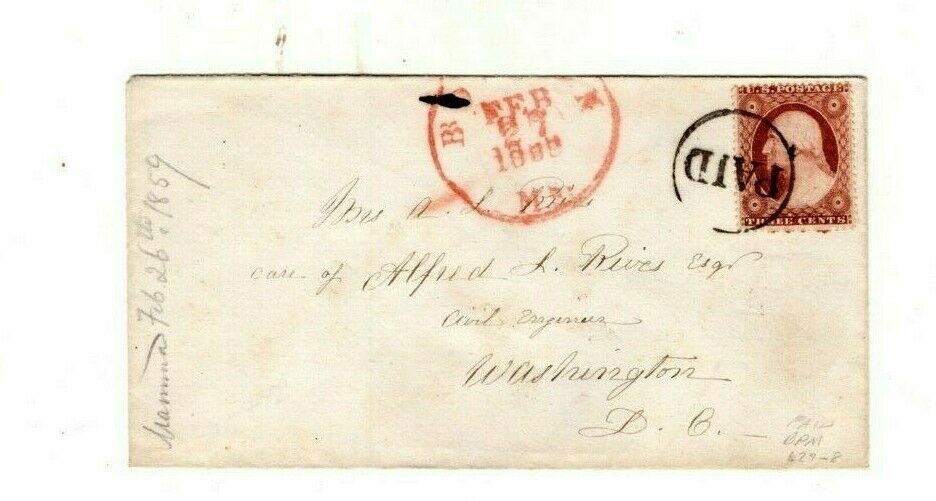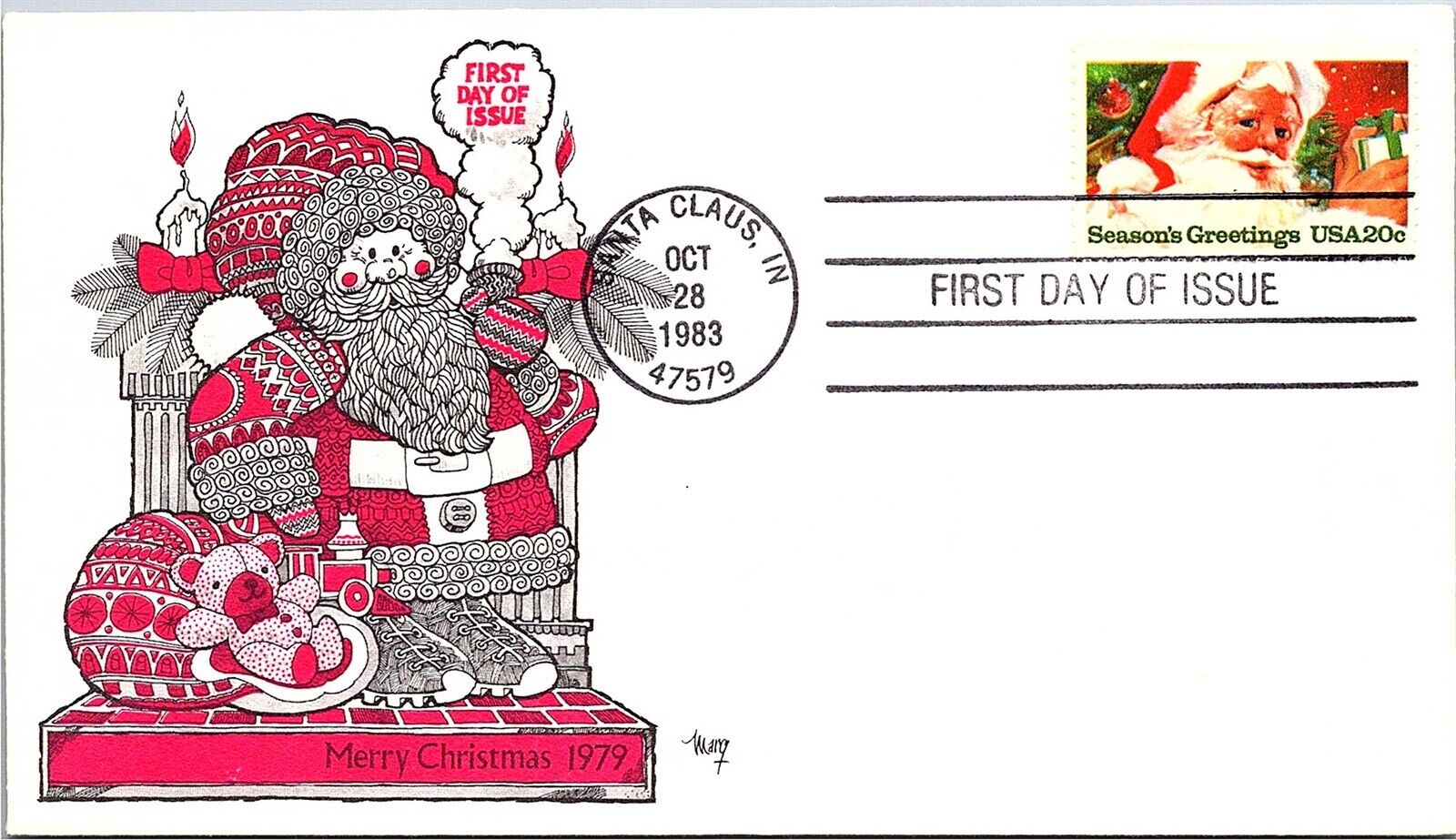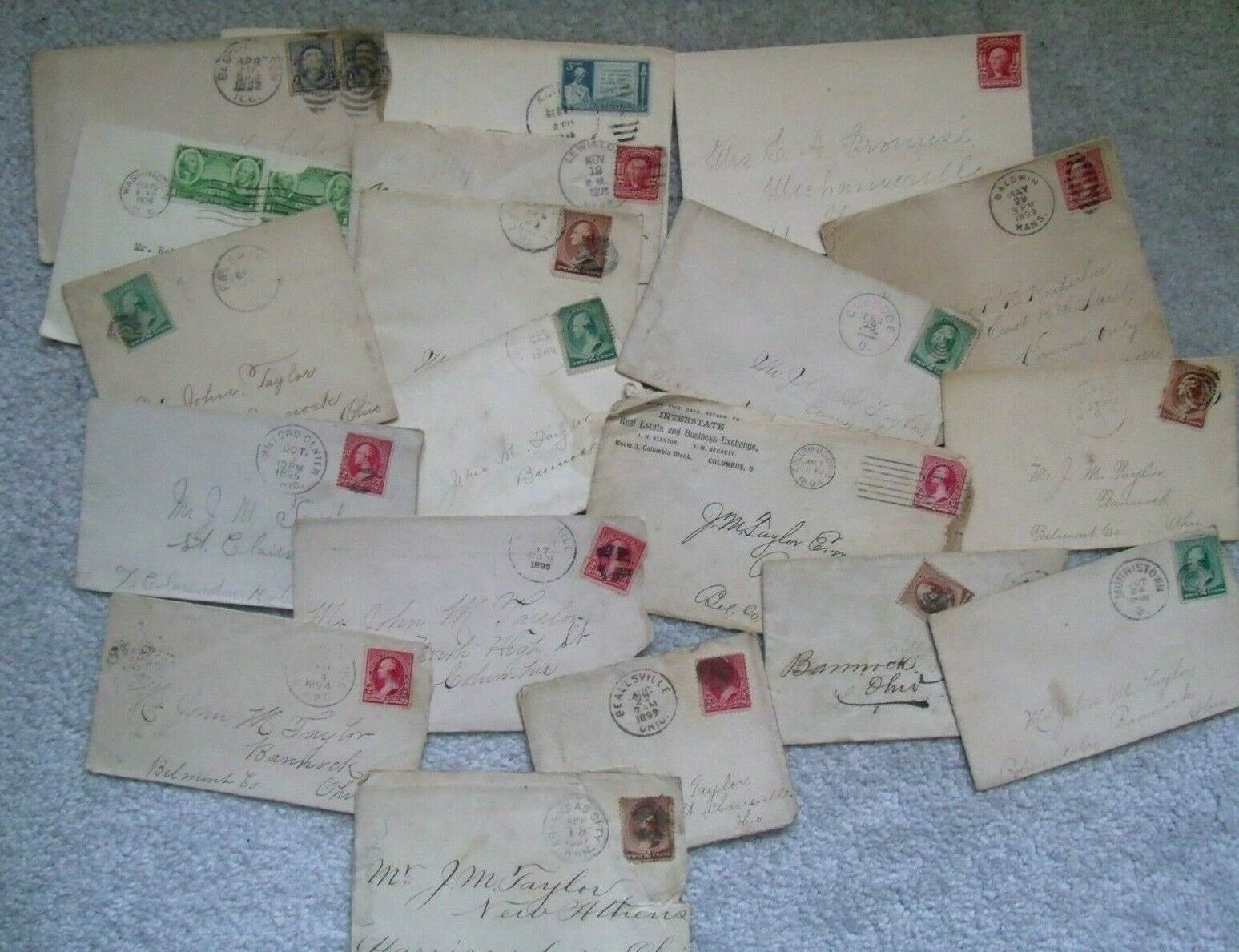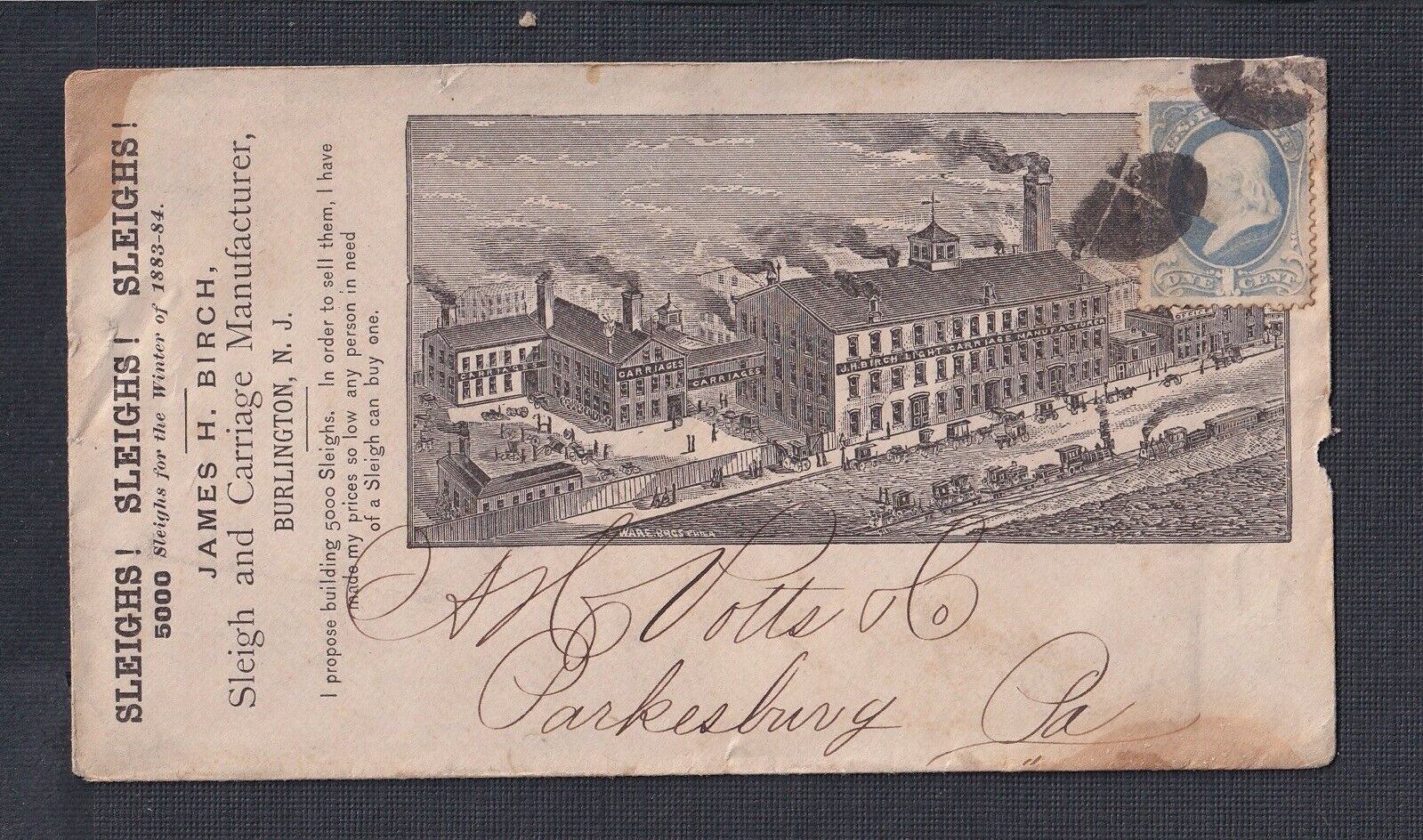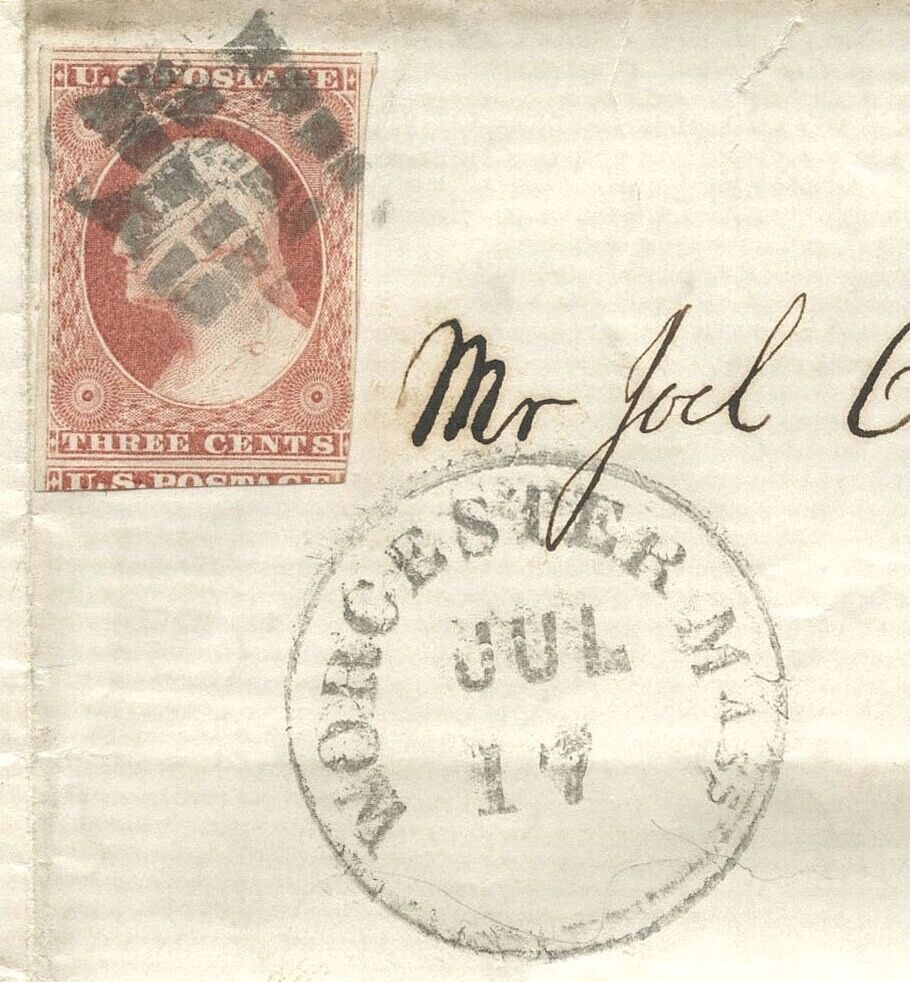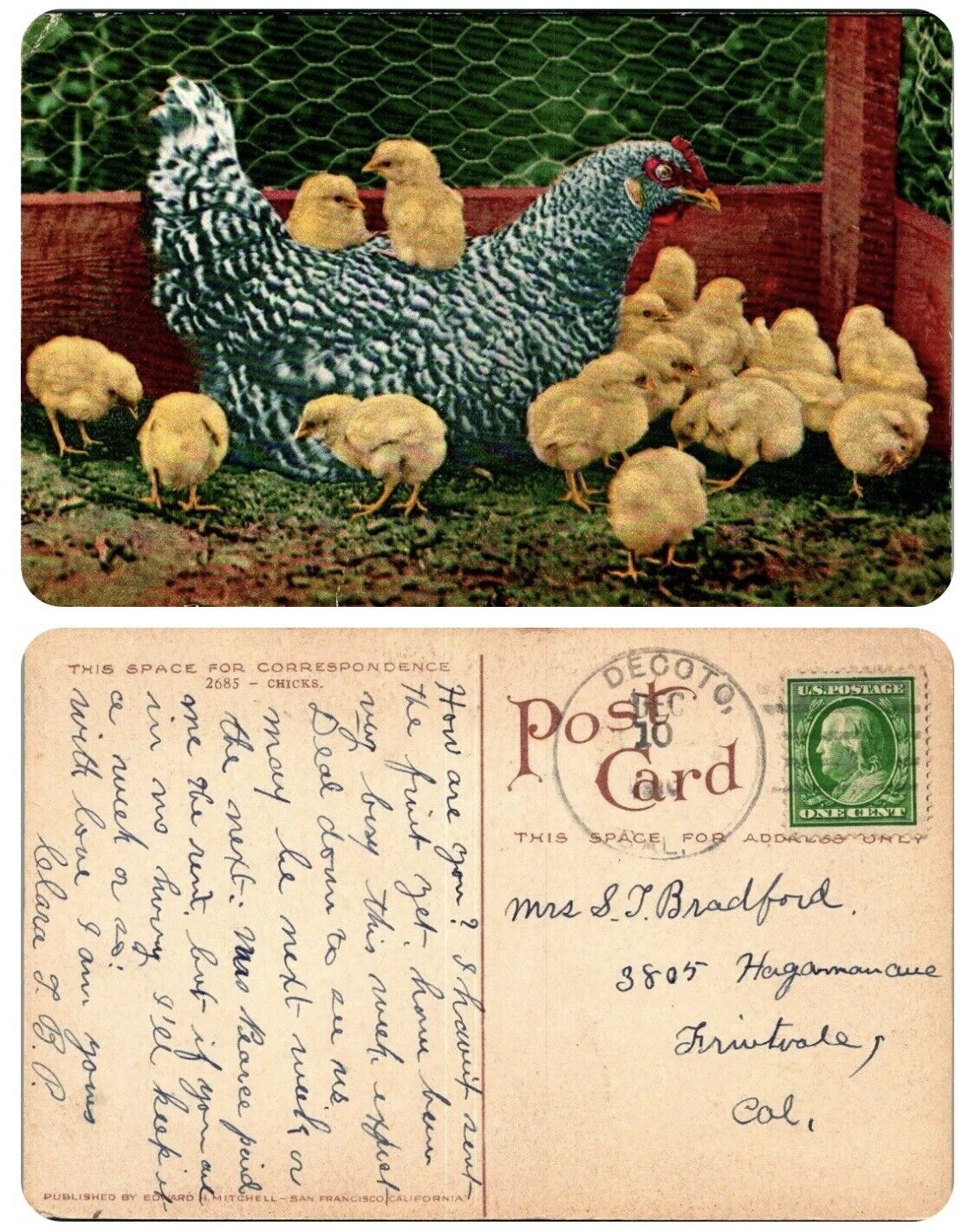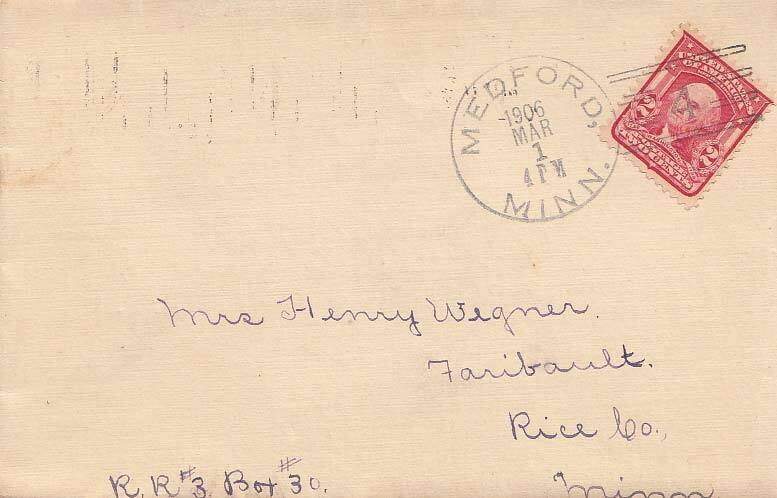-40%
CONFEDERATE ENGINEER, ALFRED RIVES OF VIRGINIA, BOSTON TO WASH. D.C. FEB 1860
$ 17.42
- Description
- Size Guide
Description
Addressed to his wife care of him.Actually just pre-Civil War.
see below....
Alfred L. Rives
From Wikipedia, the free encyclopedia
Jump to navigation
Jump to search
Rives, likely in the 1850s or 1860s
Alfred Landon Rives
(March 25, 1830, Paris, France – February 27, 1903
Castle Hill
,
Virginia
) was an American engineer.
Alfred Rives was the son of
William Cabell
and Judith (Walker) Rives. His father, who was among the most distinguished citizens of Virginia, was the United States minister to France, and he also filled the same position in 1848.
Rives was taught by private tutors until fourteen years of age, then became a student of Concord Academy. At the age of sixteen he entered the
Virginia Military Institute
, and graduated in two years, ranking sixth in a class of twenty-four.
[1]
Being proficient in engineering, he determined to adopt that as a profession, and in 1848 entered the
University of Virginia
, where he remained one session, then accompanied his father to France. After a year devoted to the study of mathematics and French, he successfully passed an examination for entrance in the Government Engineering School of France, "Ecole des ponts et Chaussees." After graduation in 1854, he was offered a position upon the great French railroad, "Du Nord," but instead returned to the United States, where he served in the engineering corps of the
Virginia Midland railway
.
[1]
Later Rives accepted a position in Washington under Captain
Montgomery C. Meigs
of the United States Engineering Corps. He served for a year as assistant engineer of the United States Capitol and Post Office buildings. He was appointed Secretary of the Interior under President Pierce, to report upon the best location for a bridge across the Potomac. He presented details and estimates for the project in the 1857 "Congressional records". The report was favorably received, and Rives was selected to make calculations and estimates for this Cabin John bridge, which was built under his supervision.
[1]
He returned to Virginia, his native state, upon its secession from the Union. Three days later he received the commission of captain of engineers from the state of Virginia, and was directed to report to Colonel
Andrew Talcott
, at that time chief engineer of the state. Rives was assigned to duty on the lower Virginia peninsula, and upon the resignation of Colonel Talcott was soon made acting chief engineer of the state of Virginia.
[1]
Later, Rives was appointed acting chief of the Engineer Bureau of the Confederate States, a position he held until the close of the Civil War. He was promoted successively to be major, lieutenant-colonel and colonel of engineers.
[1]
After the war he was offered a professorship in several institutions of learning, and also a good architectural position under the United States government, all of which he declined, preferring to try to recover his fortunes in Richmond as an engineer and architect. In 1868 was division engineer of the Chesapeake & Ohio railroad. In 1870 he was appointed chief engineer of the Mobile & Birmingham railroad. He was engineer in charge of the South & North Alabama railroad and part of the Louisville & Nashville system, which he completed in 1873. He was offered by Gen.
William T. Sherman
, for the Khedive of Egypt, the position of chief engineer of the civil works of Egypt, which position he declined to accept and of chief engineer and general superintendent of the Mobile & Ohio railroad.
[1]
In 1883, Rives became vice-president and general manager of the
Richmond and Danville Railroad
, now a part of the
Southern Railway System
. In 1886, was appointed a member of the United States commissioned to inspect and receive on the part of the government forty miles of the
Northern Pacific Railroad
in the state of Washington, and the following year became general superintendent of the
Panama Railroad
, and while with that railroad went to Paris, and concluded a traffic agreement with the Canal Company. He presented to the canal commission a plan for the completion of the Panama Canal, in which he had always taken a great interest. In 1894, he communicated to the director of the canal a plan for the construction of a part at La Boca in the vicinity of Panama, which if constructed would tend greatly to facilitate and increase the traffic across the isthmus.
[1]
After resigning his position with the Panama railroad, he was made chief engineer of the
Cape Cod Canal
. He was also elected vice president, and was specially charged with the construction of the Vera Cruz & Pacific railroad in Mexico.
He died at Castle Hill, February 27, 1903. His papers are held at
Duke University
.
[2]
Rives, Alfred Landon,
born in Paris, France, March 25, 1830, son of William Cabell and Judith (Walker) Rives; at the time of his birth his father, who was among the most distinguished citizens of the Old Dominion, was the United States minister to France, and he also filled the same position in 1848; Alfred L. Rives was taught b private tutors until fourteen years of age, then became a student of Concord Academy, and at the age of sixteen entered the Virginia Military Institute, was graduated in two years, being sixth in a class of twenty-four; being proficient in engineering, he determined to adopt that as a profession, and in 1848 entered the University of Virginia, where he remained one session, then accompanied his father to France; after a year devoted to the study of mathematics and French, he successfully passed an examination for entrance in the Government Engineering School of France,"Ecole des ponts et Chaussees;" after graduation in 1854 he was offered a position upon the great French railroad,"Du Nord," but instead returned to the United States, where he served in the engineering corps of the Virginia Midland railway; later accepted a position in Washington under Captain M. V. Meigs, of the United States Engineering Corps where he served for one year as assistant engineer of the United States Capitol and Post Office buildings; was appointed secretary of the interior under President Pierce, to report upon the best location for a bridge across the Potomac, and directed to present details and estimates therefor; this report was published in the "Congressional records," in 1857, and attracted favorable comment; was selected to make calculations and estimates for this Cabin John bridge, which was built under his personal supervision; upon the secession of Virginia he returned to his native state, and three days later received the commission of captain of engineers from the state of Virginia, and was directed to report to colonel Talcott, at that time chief engineer of the state; was assigned to duty on the lower Virginia peninsula, and upon the resignation of Colonel Talcott he was soon made acting chief engineer of the state of Virginia; later he was appointed acting chief of the Engineer Bureau of the Confederate States, which position he held until the close of the war; he was promoted successively to be major, lieutenant-colonel and colonel of engineers; after the war he was offered a professorship in several institutions of learning, and also a good architectural position under the United States government, all of which he declined, preferring to try to recover his fortunes in Richmond as an engineer and architect; in 1868 was division engineer of the Chesapeake & Ohio railroad; in 1870 was appointed chief engineer of the Mobile & Birmingham railroad; engineer in charge of the South & North Alabama railroad and part of the Louisville & Nashville system, which he completed in 1873; he was offered by Gen. Sherman, for the Khedive of Egypt, the position of chief engineer of the civil works of Egypt, which position he declined to accept; that of chief engineer and general superintendent of the Mobile & Ohio railroad; in 1883 became vice-president and general manager of the Richmond & Danville railroad, now a part of the Southern railway System; in 1886 was appointed a member of the United States commissioned to inspect and receive on the part of the government forty miles of the Northern Pacific railroad in the state of Washington, and the following year became general superintendent of the Panama railroad, and while with that railroad went to Paris, and concluded a traffic agreement with the Canal Company; he presented to the canal commission a plan for the completion of the Panama Canal, in which he had always taken a great interest; in 1894 he communicated to the directeur of the canal a plan for the construction of a part at La Boca in the vicinity of Panama, which if constructed would tend greatly to facilitate and increase the traffic across the isthmus; after resigning his position with the panama railroad, he was made chief engineer of the Cape Cod canal; was also elected vice president, and was specially charged with the construction of the Vera Cruz & Pacific railroad in Mexico; these positions he held at the time of his death at Castle Hill, February 27, 1903; his wife, who survived him, was the well known Virginia bell, Miss Sadie MacMurdo; children: Amelia, the well known authoress, who became the wife of Prince Trubetskoy; Gertrude, who became the wife of Allen Potts, Esq.; Miss Landon Rives.
